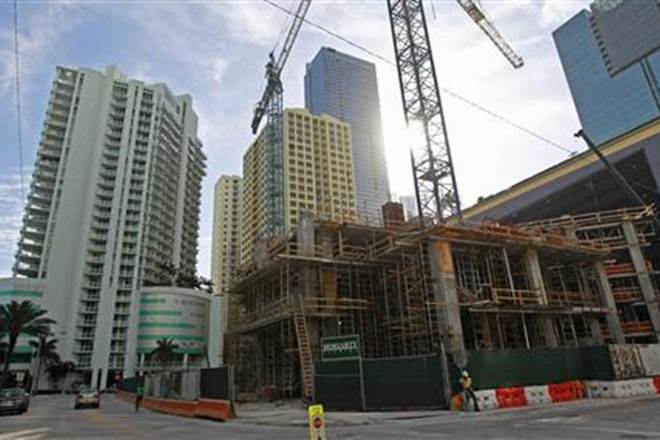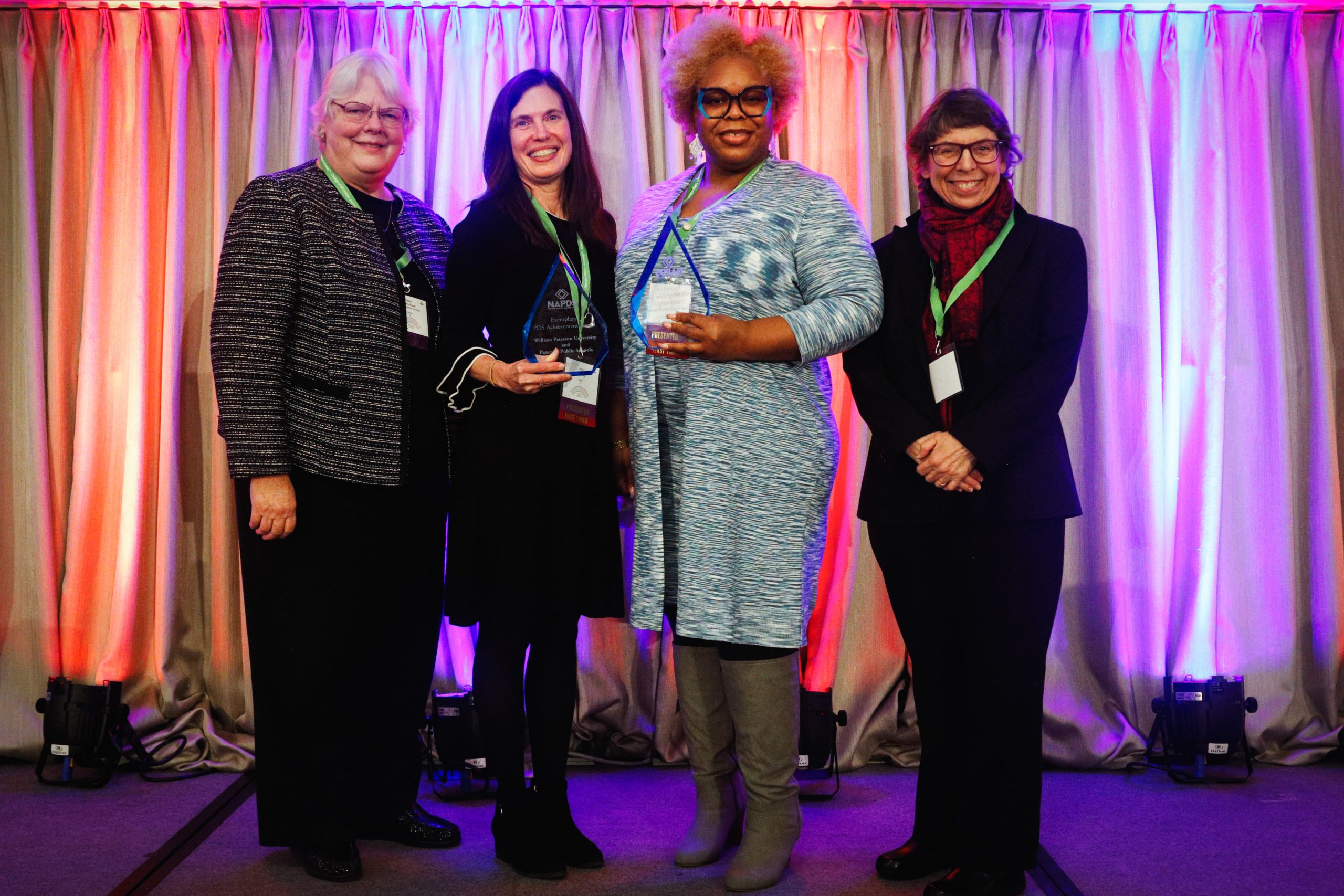Parvathy struggled to control her grief while talking about the death of her four-day-old daughter on May 10. “I lost my baby. What else do you want to know?” she asked this reporter, sitting on the verandah of her home in Guddayoor village, Agali panchayat, in Kerala’s Palakkad district. “My husband Rajan and I were told that the baby died due to breathing difficulties,” said the frail 21-year-old woman.
Agali is one of three gram panchayats in Attappady tribal development block in the Western Ghats – Sholayur and Pudur being the other two. Attappady, a hill station, was once known as the land of the Adivasis, who constituted 90% of its population (1951 census). But their numbers started declining with the advent of settlers from across Kerala and Tamil Nadu who took away their land. According to the latest census in 2011, Adivasis comprise just 34% of the population now. In absolute numbers, 30,658 Adivasis live in the three gram panchayats.
Adivasis in Attappady mainly belong to three tribes – the Irulas, Kurumbas and Mudugas – each with their own distinctive lifestyle, culture and food habits. The Kurubas are found closer to the forests while the others occupy the plains. Each community lives in colonies of 60 to 100 families known as oorus (hamlets). At present, Attappady has 192 Adivasi hamlets.

The death of Parvathy’s baby is not an isolated tragedy. There have been at least six infant deaths in Attappady since January, and three of them were reported in May alone.
Veeramma and Selvan of Thekke Kadampara hamlet lost their five-month-old baby in January. And in February, Pattimalam hamlet resident Vellankiri’s child died four months after birth. The following month, Shanthi, from Cheerakkadau Adivasi hamlet, lost her three-day-old baby. Three days before Parvathy’s daughter died, Vinoja from Varagampady hamlet in Sholayur panchayat suffered a similar loss. Her baby was just three days old. The sixth death was reported from Pudur gram panchayat on May 21. The baby girl, born to 19-year-old Suchitra and Murugan of Chootara tribal hamlet, died due to congenital defects.
This has brought back memories of the 58 infants who died of malnutrition in 2013-’14 in Attappady.
The deaths had prompted the Central and state governments to announce a slew of schemes to tackle the crisis. Prominent among them was the Janani Janmaraksha Scheme. Launched in August 2013 by the state government, it provides new mothers with monthly financial assistance of Rs 1,000 for 18 months – from the third month of their pregnancy till 12 months after delivery. In addition, the state introduced schemes to ensure nutritious food for Adivasis, especially pregnant women.
The efforts paid off and the number of infant deaths came down in the following years – to 14 in 2015 and just six in 2016.
But with five babies dead in as many months this year, health workers are alarmed about the situation in Attappady. This is in sharp contrast to the rest of the state, which has the lowest infant mortality rate in India. At six deaths per 1,000 births, against a national average of 41 deaths per 1,000 births, according to the National Family Health Survey 2014-2015, Kerala does better than Russia, China and Sri Lanka.
Pre-term baby
Parvathy – who has a two-year son, Rahul – gave birth to her daughter prematurely. On May 6, as the pain started, she went to the Government Tribal Speciality Hospital in Kottathara in Agali panchayat. She was in the seventh month of her pregnancy. “I had an abortion during my first pregnancy and I did not want to undergo the same trauma,” she said. “So I went to the hospital when the pain started. I delivered a baby girl on the same day.”

She said that since the baby had difficulty breathing, the doctors shifted both of them to the Government Medical College Hospital in Thrissur – the nearest medical college, but still 100 km away. “I saw a tube in the baby’s nose when I saw her for the last time,” she recalled. “On May 10, we were told that the baby had died due to breathing difficulties.”
Holding her son close, Parvathy sobbed, “I have only this boy now though I became pregnant three times.”
At the Government Tribal Specialty Hospital, which was set up in 2007 to cater to the Adivasi communities in the three panchayats, officials said Parvathy’s baby weighed just 1.2 kg. They consider it a case of malnutrition.
A birth weight under 2.5 kg is considered low and such babies are susceptible to complications such as breathing difficulties and heart ailments. Parvathy said she ate rice and curry but could not afford nutritious meals every days. “My husband is a daily-wage labourer, so meat and fish are expensive for us,” she added.
Another underweight baby was born in the Government Tribal Speciality Hospital on May 6. A caesarean section was performed on Suchitra of Chootara tribal hamlet, who came to the hospital with excessive bleeding. Her baby girl, who weighed 2.04 kg at the time of birth, could not be saved despite shifting her to Coimbatore Medical College. She died on May 21.

No money for hospital bill
Vinoja and Murugan are still not sure why their baby died. Vinoja, 28, said she had a normal delivery on May 4 at Bethany Medical Centre, a private hospital in Anaikatty, a village neighbouring Attappady but located across the border in Tamil Nadu.
The couple left the hospital on May 6 – without informing the officials. “We left as we did not have money for the medical bill,” said Murugan. Both husband and wife are daily-wagers.
“The baby died a day after we reached home,” he added. “We still don’t know the reason for the death.”
Health officials conducted an inquiry and confirmed that the baby had died because of milk aspiration – when food enters the lungs and airways.
A Bethany Medical Centre official said the hospital did not inquire about the mother and child, adding, “They left the hospital without informing us, so we consider them absconders.”
But Vinoja’s case has caused some speculation, because she went to a private hospital in Tamil Nadu when she was eligible for free treatment at the Government Tribal Speciality Hospital closer home. Also, she had kept her pregnancy a secret. “I did not want others to know I was pregnant for a fifth time,” said the mother of three, who had an abortion the first time she got pregnant.
The junior public health nurses tasked with keeping a tab on pregnant women in the Adivasi hamlets also failed to confirm Vinoja’s pregnancy. The nurses are expected to report cases of pregnancy in their jurisdiction to the tribal welfare officer at the Government Tribal Speciality Hospital, and to ensure that the women are admitted to the hospital 10 days before their expected delivery date.
Both Parvathy and Vinoja said no government health official visited their hamlets when they were pregnant. Parvathy added that she is yet to receive financial support under the Janani Janmaraksha Scheme.
Scroll.in could not meet the junior public health nurse of the area, even as residents expressed concern over the alleged absence of health workers. Raveendran, head of Veettiyoor hamlet, said the government must investigate the laxity on the part of health officials.
Dr R Prebhu Das, deputy district medical officer and nodal officer for tribal welfare in Attappady, said, “The recent deaths are quite worrying and we have to sensitise health workers on the ground to stay vigilant.” He, however, added that infant deaths in the block had come down as a result of the coordinated efforts of government and health officials.
Drought and unemployment
What is also affecting child and maternal health in the Adivasi communities here is drought, and the resultant water crisis.
Guddayoor village, where Parvathy lives, has been reeling under a severe water crisis for months now. The Agali panchayat supplies water in tankers once every two days. When that water runs out, the women trudge up a hill to a public well 2 km away.

Parvathy said she fetched water when she was pregnant. “When the tanker water was not available, I had to go to the public well,” she said.
Panchayat officials admitted the water crisis was particularly bad this year. “But we ensured sufficient water supply in all 72 tribal hamlets in the panchayat,” said Sreelakshmi Sreekumar, president of Agali panchayat.
But Bindu, a Guddayoor resident, said the water supplied by the panchayat was not sufficient. “The tanker comes once in two days and it is not enough for my family of six,” she said, adding that she has no choice but to go to the well.
Jyothi Anil Kumar, president of Pudur panchayat, admitted that all 67 hamlets in her panchayat had been affected by the drought. “We have tried our best to ameliorate the situation but I can understand the difficulties faced by the tribal women who have to walk long distances to collect water,” she said.

Adding to the communities’ troubles is widespread unemployment, which has forced them to abandon nutritious food and depend on just the rice and dal they receive through the Public Distribution System.
Work under the Mahatma Gandhi National Rural Employment Guarantee Act has dried up and villagers complained that the government has not released wages for work done six months ago.
Rekha, who lives in Agali Melayoor, is yet to receive the Rs 8,640 due to her for 60 days of work. “I have been going to the panchayat office every other day to inquire about the payment. Why does the government delay the payment?” she asked.
Adivasi poet and former Pudur panchayat member Murukeshan said, “Adivasis are living in penury. The government should take immediate steps to distribute NREGA wage arrears. It should also ensure regular employment for Adivasis.”

He added, “Men don’t have money, so they cannot ensure nutritious meals for their wives and children. Pregnant women are the worst affected in this crisis.”
Pudur panchayat is waiting for Rs 1.4 crores in wage arrears while Agali panchayat has to get Rs 2.5 crores. Data from Sholayur panchayat was not available.
“The onus is now on the Narendra Modi government to release the funds and save hapless tribals,” said Murukeshan.
Keeping the faith, and a list
Despite the gloom in the Adivasi hamlets, there is one health worker who believes Attappady can catch up with the rest of Kerala one day and even go on to become a “zero infant death zone”.
Kaliswamy, a health inspector for the state government and a resident of Sholapur panchayat, is currently working as the tribal welfare officer at the Government Tribal Specialty Hospital. He always carries around a list of pregnant women from all the 192 Adivasi hamlets in Attappady.

“Being an Adivasi, it is my dream to improve the living conditions of my fellow beings,” he said. “I prepare the list for every two months based on the information provided by the junior public health nurses. I also ensure that all the pregnant women reach hospital at least 10 days before their expected date of delivery,” he said.
Kaliswamy termed the recent deaths unexpected and said they could have been avoided had the nurses informed the hospital in advance. “Now, I will work hard to avoid such unfortunate incidents,” he said.
All photographs courtesy TA Ameerudheen.
This is the first part in a series on reports from the Adivasis hamlets of Kerala’s Attapady block.
[“Source-ndtv”]














